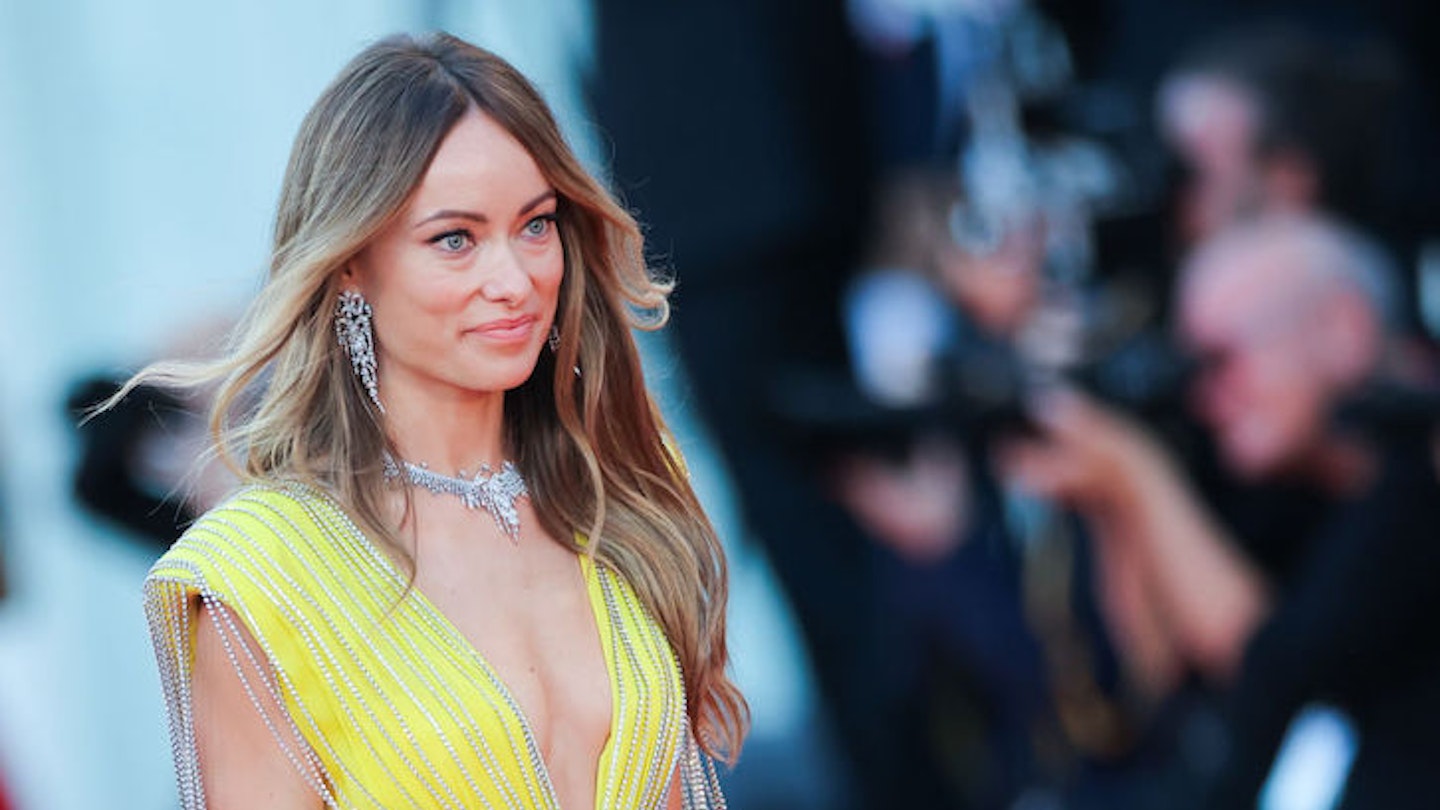The internet has been abuzz with gossip over the last few weeks about Don’t Worry Darling, the upcoming film starring Florence Pugh and Harry Styles, with Olivia Wilde directing. Accusations and rumours are flying about the film’s sex scenes, Olivia and Harry’s relationship, and suggestions of a rift between leading lady and director. So what’s going on? And why should all female directors be worried?
You may know Olivia as an actor, from shows such as House and The OC and films including Tron: Legacy. She broke into directing with 2019’s excellent teen comedy Booksmart and was (rightly) identified as a real talent. There was a heated studio bidding war for the right to make Don’t Worry Darling, her stylish new feminist thriller, about an apparently happy ‘60s housewife (Florence) who begins to question her perfect life. Such a reception is exactly what is supposed to happen when a film-maker breaks through, but it’s not always a given for women. Look at the female directors who made Mamma Mia, Twilight or 50 Shades Of Grey, and the men who directed all their sequels.
But Don’t Worry Darling has become mired in controversy, just as it debuted at Venice Film Festival (it’s not in cinemas until 23 September). To recap: Olivia and Harry fell in love on set, as she was in the process of separating from actor Jason Sudeikis, and immediately drew unwelcome tabloid attention – and that of a vocal minority of aggressively hostile Harry fans. Publicity efforts focused on a sex scene, glimpsed in the trailer, of Harry’s character performing oral sex on Florence’s Alice. Olivia leaned into that headline-baiting discussion – apparently to Florence’s discomfort, exacerbating what seems to have been an already tense relationship, rumoured to be because she was uncomfortable with Olivia and Harry’s relationship.
'It's not headline news if male filmmakers don't get along with every cast member.'
Olivia also claimed that she fired actor Shia LaBeouf – originally cast as the male lead – only for him to say he quit, and release a video of Olivia that apparently supports his claim. The director also had to refute allegations that Florence was paid only a fraction of Harry’s fee, which would be horribly predictable for Hollywood but not for a director who declares herself a feminist. Meanwhile, Florence’s absence from much of the publicity tour, citing filming commitments to the Dune sequel, fuelled stories of a rift.
So is this a genuine disaster, or are we holding Olivia to a higher standard than similar her male peers? It’s generally not headline news if male auteurs don’t get along with every cast member. Nor do their relationships with actors usually provoke the kind of vitriol directed at Olivia (note, not Harry) over their relationship. Her apparently misleading statements on Shia are surely not enough to cause this level of outrage.
Yet all of these controversies could be devastating, especially if the film now suffers at the box office. Historically, female directors don’t get another chance if they’re labelled ‘difficult’. David O Russell (Silver Linings Playbook, American Hustle) can get in a fist-fight with George Clooney and keep working; Westerns director Sam Peckinpah used to fire a gun on set and still got jobs.
But someone like Olivia has to behave impeccably in every situation, be friends with every actor, make a good film, raise her kids and look fantastic in order to escape criticism. Even if some of the negative stories about her are true, we should ask ourselves – as the film does – whether we’re keeping other women down by buying into these impossible demands.
